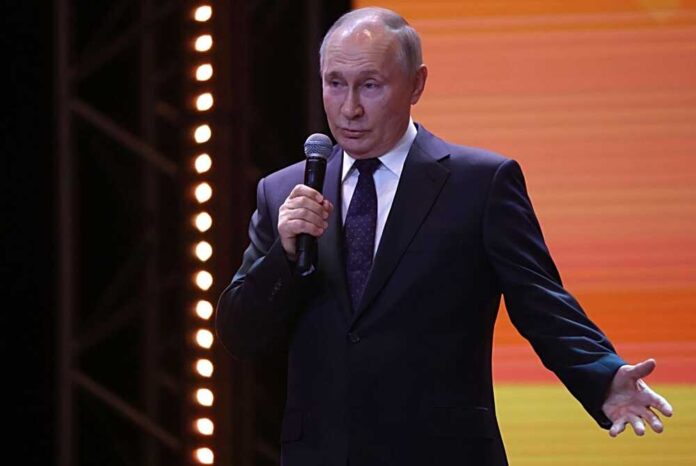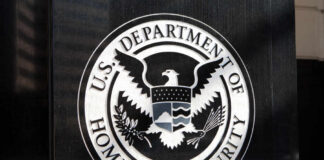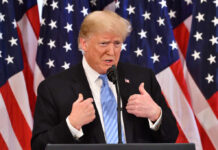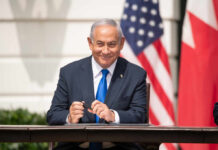
Russian President Vladimir Putin said that his government will “respond accordingly” to the announcement that Britain plans to supply Ukraine with depleted uranium anti-tank shells.
The Russian government reacted strongly to the proposed transfer, saying that Britain and its allies were “already beginning to use weapons with a nuclear component.” The controversial shells are made from a depleted form of uranium, of which the non-depleted form is used for nuclear weapons.
Putin’s comments came after a high-profile summit with Chinese President Xi Jinping, in which the two major powers agreed to further cooperation. Putin did not go into further detail at the time.
#BREAKING Russia warns of 'serious' escalation in Ukraine if Britain sends Kyiv armour-piercing ammunition containing depleted uranium pic.twitter.com/9Fsl1qYF2C
— AFP News Agency (@AFP) March 22, 2023
The artillery rounds will be transferred separately from a more than $2 billion aid package from the European Union, which would include one million non-uranium artillery rounds.
These shells will be delivered within one year. It also comes as the International Monetary Fund (IMF) announced almost $16 billion in loans to Ukraine.
Depleted uranium anti-tank shells have been used by the United States for several decades. The American military used the rounds in multiple conflicts, including in the Persian Gulf War in 1991 and the Iraq War in 2003.
Britain is set to send the shells alongside its Challenger 2 tanks. The depleted uranium shells are especially dense, which makes them especially effective in penetrating tank armor. Such shells were used to great effect during conflicts involving the United States in recent history.
Several other countries announced the transfer of modern tanks, including the American M1 series and German Leopards.
The rounds are naturally radioactive and could pose health risks for veterans exposed to them. According to the Veterans Administration, fragments of the shells are especially dangerous if they enter the body due to wounds or inhalation. According to the agency, fragments could remain in the body “for many years.”
Washington and London maintain that the radiation risks of such lessons were low, though the Russian embassy in London stated that the “radioactivity, high toxicity and carcinogenicity of such weapons are well-known.”

















